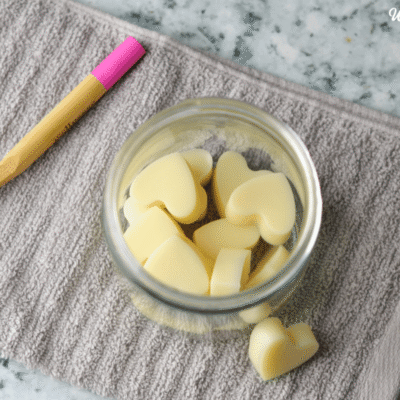
LAS VEGAS (KLAS) — What some critics called a wild campaign stunt by Republican presidential nominee Donald Trump is now a bipartisan effort to exclude tips from federal taxes.
Trump first unveiled his plan to cut those taxes for waitstaff – all 2.24 million countrywide, according to the U.S. Bureau of Labor Statistics – at a rally last month in Sunset Park in Las Vegas.
“So this is the first time I’ve said this, and for those hotel workers and people that get tips you’re going to be very happy because when I get to office, we are going to not charge taxes on tips people making tips,” Trump at that June 9 rally.
At the time, the Culinary Union Local 226 – which represents 60,000 workers in Nevada – panned the idea.
“Relief is definitely needed for tip earners, but Nevada workers are smart enough to know the difference between real solutions and wild campaign promises from a convicted felon,” the union’s secretary-treasurer, Ted Pappageorge, said in a news release.
But Trump doubled down at the Republican National Convention in Milwaukee Thursday, telling this story about tips.
“Having dinner at a beautiful building, the Trump building on the strip, the waitress comes over, ‘how’s it going?'” Trump recalled. “Really nice person. ‘Oh sir, the government’s after me all the time, after tips, tips, tips.’ Very little cash is given; take so much it’s just ridiculous.”
And in the weeks since its first mention, the culinary union and some of Trump’s foes on the other side of the political aisle have changed their tune.
Nevada Democratic Senators Jacky Rosen and Catherine Cortez Masto signed onto a bipartisan bill proposed in the Senate by Ted Cruz (R – Texas). They are the only two Democrats to do so.
“Getting rid of the federal income tax on tips would deliver immediate financial relief for service and hospitality staff across our state who are working harder than ever while getting squeezed by rising costs,” Rosen said in a statement to the media.
There is no recent estimate of how much such a change would save each person. Using 2018 IRS figures, a top tip earner might save $6,000 per year.





